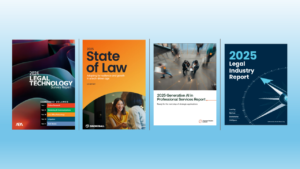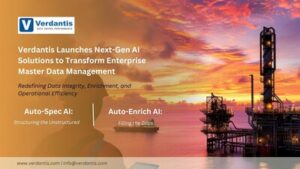Bill Gates Predicts AI Will Take Over Most Jobs, Except for These Three Professions

The Impact of AI on Jobs and Industries
Since the launch of ChatGPT by OpenAI in 2022, artificial intelligence (AI) has dramatically changed various aspects of daily life and business operations. While tools like ChatGPT, Gemini, Copilot, and DeepSeek are primarily being utilized for professional tasks, there is growing concern among experts and workers about AI potentially displacing jobs across multiple sectors.
Predictions from Tech Leaders
Recently, Bill Gates, co-founder of Microsoft, shared his thoughts on the future of work in an AI-driven world. In his view, many tasks currently performed by humans could be automated, leading to significant changes in employment. However, he also believes that human contributions will still be essential in many areas.
Job Losses in Coding and Software Development
A common sentiment shared by tech leaders, including NVIDIA’s Jensen Huang, OpenAI’s Sam Altman, and Salesforce CEO Marc Benioff, is the idea that coders may face significant job losses soon. The rise of AI tools capable of automating coding tasks suggests that fewer skilled programmers might be needed in the future. This could serve as a wake-up call for those in the tech industry to adapt their skills and broaden their expertise.
AI’s Role in Science and Energy
Despite concerns over job displacement, Gates argues that AI will not fully replace professionals in fields like biology and energy. He emphasizes that while AI can assist with complex tasks—such as disease diagnosis and DNA analysis—it lacks the necessary creativity and insight required for true scientific breakthroughs. For example, identifying innovative treatments for diseases or making significant discoveries in biology still requires human intuition and ingenuity. Similarly, the complexities of energy systems and management also necessitate human expertise, making full automation unlikely in this sector.
The Growing Power of Generative AI
As generative AI technologies evolve, they are increasingly influencing how we work. These advanced AI systems can analyze vast amounts of data and even produce creative content. While AI may surpass human capabilities in specific tasks, there is an ongoing debate about the limitations of their applications. Tech leaders agree that while AI can enhance productivity, it is unlikely to fully replicate the depth of human understanding in various fields.
Areas Where Human Skills Remain Indispensable
The evolution of AI raises questions about which professions will remain safe from automation. Some key areas identified where humans will continue to be irreplaceable include:
Creative Industries: Fields like art, literature, and design rely on human emotional expression and unique perspectives that AI cannot replicate.
Healthcare: While AI can help with diagnostics, patient care requires empathy and human touch, which are crucial in healthcare settings.
Education: Teachers play a vital role in mentoring and inspiring students, something that AI cannot achieve through algorithms alone.
- Complex Problem-Solving: Fields requiring strategic thinking, such as management and policy-making, will still require human judgment.
Navigating the Future Workforce
The conversation around AI and job displacement is multifaceted. As technology continues to evolve, so too will the job market. Workers may need to pivot and adapt to these changes by developing new skills that complement AI technologies, ensuring that they remain relevant in the workforce.
As we proceed into this new era defined by AI, the importance of ongoing education and adaptability cannot be overstated. Embracing AI as a tool, rather than viewing it purely as a threat, can lead to new opportunities and innovations in various sectors.






